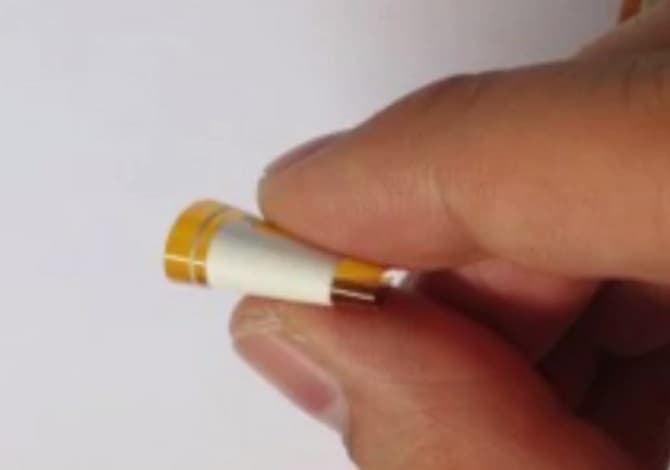
A polymer-based insulator that conducts heat well and has an ultra-low dielectric constant – two properties seldom seen in the same structure – could help dissipate waste heat in computer chips. The new material would be particularly beneficial in next-generation integrated circuits with components smaller than 10 nm, which generate more heat per unit area than current technologies can easily manage.
Materials with a small dielectric constant, known as “low-k” dielectrics, are crucial for minimizing electrical crosstalk between transistors on computer chips. All known dielectrics have low thermal conductivities, however, which means they can’t efficiently dissipate waste heat. The problem worsens as chips become smaller because not only are there more heat-generating transistors in a given area, they are also closer together, which makes it more difficult for heat to escape.
2D covalent organic frameworks
In recent years, researchers have searched for low-k dielectrics that can deal with this more demanding chip environment. Two-dimensional covalent organic frameworks (COFs) are one promising class of material on account of their highly porous structures and relatively high thermal conductivities. These properties make them different from conventional polymers in that they have low densities and are mechanically stable at high temperatures.
The drawback is that these materials are usually produced in the form of a polycrystalline, insoluble powder with physical properties that are very difficult to characterize. To overcome this challenge, researchers have fabricated COFs as thin films using techniques such as direct growth, exfoliation and interfacial polymerization. Unfortunately, all these techniques produce crystalline films that are contaminated with COF powder.
High-quality films
Researchers led by Patrick Hopkins of the University of Virginia and William Dichtel at Northwestern University have now overcome this obstacle by producing high-quality wafer-scale 2D COF films linked via sheets of a polymer (boronate ester) just one atom thick. The nitrile co-solvents they used in their templated colloidal synthesis technique prevent the COF powder from precipitating out of the suspension and contaminating the crystalline films. Importantly, the properties of the films can be controlled by layering the sheets in a specific architecture with nanometre-scale precision – something that was not possible for materials made using traditional techniques.

Integrated electronics at 50 – projecting the future of the field
Using atomic force microscopy, the researchers found that all their 2D COF films were smooth, crystalline, less than 75 nm thick, and oriented parallel to the substrate on which they were produced. This consistent high quality enabled the team to measure the films’ thermomechanical and optoelectronic properties, and thus to confirm that the material was indeed electrically insulating. Thermoreflectance and impedance spectroscopy measurements further revealed that despite its low density of 1 g/cm3, the material has a high thermal conductivity of 1 W/m/K as well as an ultra-low dielectric permittivity of k=1.6.
The researchers, who report their work in Nature Materials, say their findings demonstrate the promise of 2D COFs as ultra-low-k dielectrics with desirable heat management characteristics. They also note that this combination of properties was recently identified in an industry-wide report as a prerequisite for next-generation integrated circuits.
